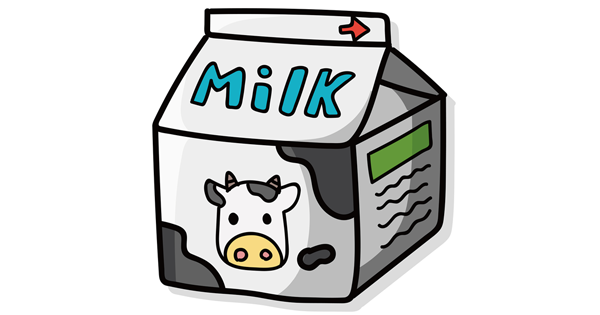Advertisement
It was a statement always assumed to be true: If you’re trying to be healthy, opt out of consuming full-fat products. Past studies seemed to show how full-fat products could contribute to weight gain and higher risks of certain diseases, like diabetes.
Recent large population studies, however, clearly suggest otherwise.
Dr. Dariush Mozaffarian recently conducted a study with his colleagues in which they investigated the blood of over 3,000 adults to analyze the effects of regularly consuming different types of dairy products. In the past, the high caloric content of full-fat dairy led experts to advise against consuming large amounts of full-fat products. The fewer calories in low- or no- fat dairy products would, it was assumed, help lower the risk of developing diabetes.
However, Dr. Mozaffarian’s study revealed that individuals who consume full-fat dairy products actually have, on average, a 46% lower risk of contracting diabetes in their lifetime, as compared to their counterparts who consumed low- or no-fat dairy products.
While the fat in full-fat milk does provide people with some health benefits, the differing risks of developing diabetes is more correctly linked to people’s larger dietary habits. Dr. Mozaffarian discovered that when people intentionally reduced their fat intake by, for instance, drinking skim milk instead of whole milk, they tended to replace these fats by consuming more carbohydrate- or sugar-dense foods. This replacement, because of how the body processes carbs and sugar, actually increases a person’s risk of developing diabetes.
In regards to weight gain, the American Journal of Nutrition published a different study that did find a positive correlation between full-fat dairy consumption and a lowered risk of obesity in women.
As Dr. Mozaffarian discovered in his study, however, the health benefits of certain foods and dietary advice cannot be taken independently of other foods and factors that also affect your body. “It’s crucial at this time to understand that it’s about food as a whole, and not about single nutrients,” he insists in his study.
So for those of you who still drink skim milk, the science behind this advice is no longer as steady as it was before – but take time to think twice before you decide to stock up on every full-fat dairy product you see.




